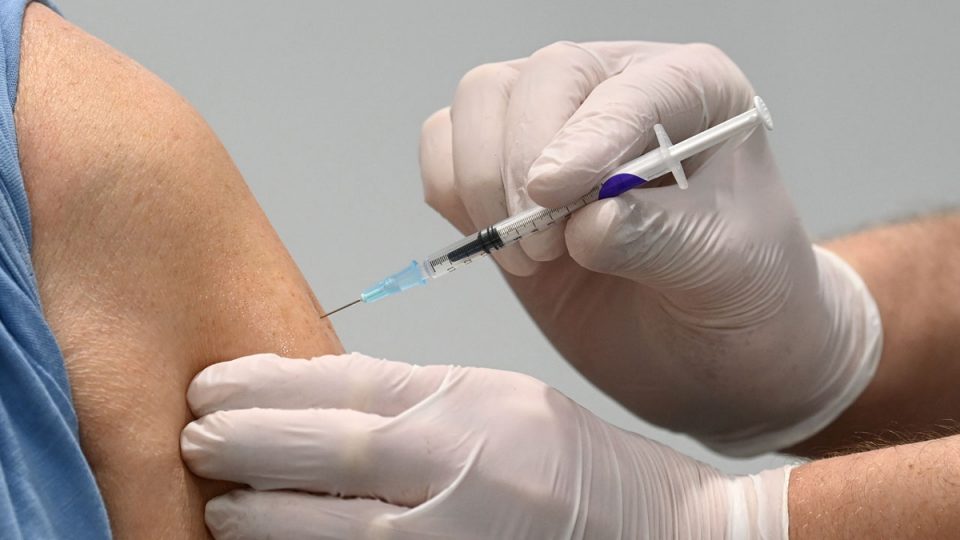With the Omicron variant dominating COVID-19 discussions, a new report, released yesterday, indicated that Nigerians and other African nationals were overwhelmingly willing to get vaccinated.
The report, from the Partnership for Evidence-Based Response to COVID-19 (PERC), stressed that across 19 countries, 78 per cent of people surveyed showed serious interest in vaccination.
However, as of November 2021, less than seven per cent of the African continent had been vaccinated.
According to the document, the gap between acceptance and coverage demonstrates a substantial unmet need and underscores the importance of consistent and predictable vaccine supply, as well as increased support for vaccination programmes in Africa.
The latest PERC report considered why global vaccination efforts have been plagued by inequity, besides the logistical challenges to vaccinating the continent.
The report further outlined the continued importance of preventive measures, particularly individual measures such as masking and social distancing, which minimise the social or economic harm that can occur when mobility, economic and social gathering restrictions are imposed.
Director of the Africa Centres for Disease Control and Prevention, Dr. John Nkengasong, said: “We must work urgently towards equitable access to safe and effective vaccines on the African continent. The PERC data show that demand for vaccines is substantially higher than supply.”
He said at 78 per cent, vaccine acceptance was higher than the previous PERC survey fielded earlier this year at 67 per cent, which might indicate the success of risk communication campaigns.
In the surveyed countries, vaccine acceptance was higher between both those who trusted their government’s pandemic response and those who felt COVID-19 posed a personal risk to them or their nations.
Such high acceptance contradicts media reports, suggesting that low vaccination rates across Africa are due to hesitancy.
Among the 20 per cent of respondents, who expressed vaccine hesitancy, the major reasons were: low risk perception (24 per cent), not having enough information about vaccines (22 per cent) and lack of trust in government (17 per cent).
“A number of bottlenecks have contributed to the failure to achieve higher vaccination coverage. Unpredictable supply, in terms of volume, timing and shelf life threaten countries’ ability to meet demand. When offered, vaccination is frequently inconvenient, requiring people to travel far distances or visit vaccination sites at inopportune times,” the report added.
Based on their findings, the PERC authors called on the global community to support African Union (AU) member-states in supplying vaccines at a better coordinated and more systematic pace to allow for broader, more effective and equitable distribution.
They also sought resources and expertise to support vaccine delivery as part of the supply machinery to ensure coverage.
President and Chief Executive Officer (CEO) of Resolve to Save Lives, an initiative of Vital Strategies, Dr. Tom Frieden, said PERC data enable policymakers to save lives and minimise impacts on livelihoods.
Also speaking, Senior Vice President of Prevent Epidemics in the organisation, Amanda McClelland, lauded the African Vaccine Acquisition Trust (AVAT) and the COVAX facility for moving to expand vaccine access.
She said: “But there is still work to do. Vaccine donations sent too close to expiry dates, for example, leave countries unable to launch effective vaccination campaigns.”




